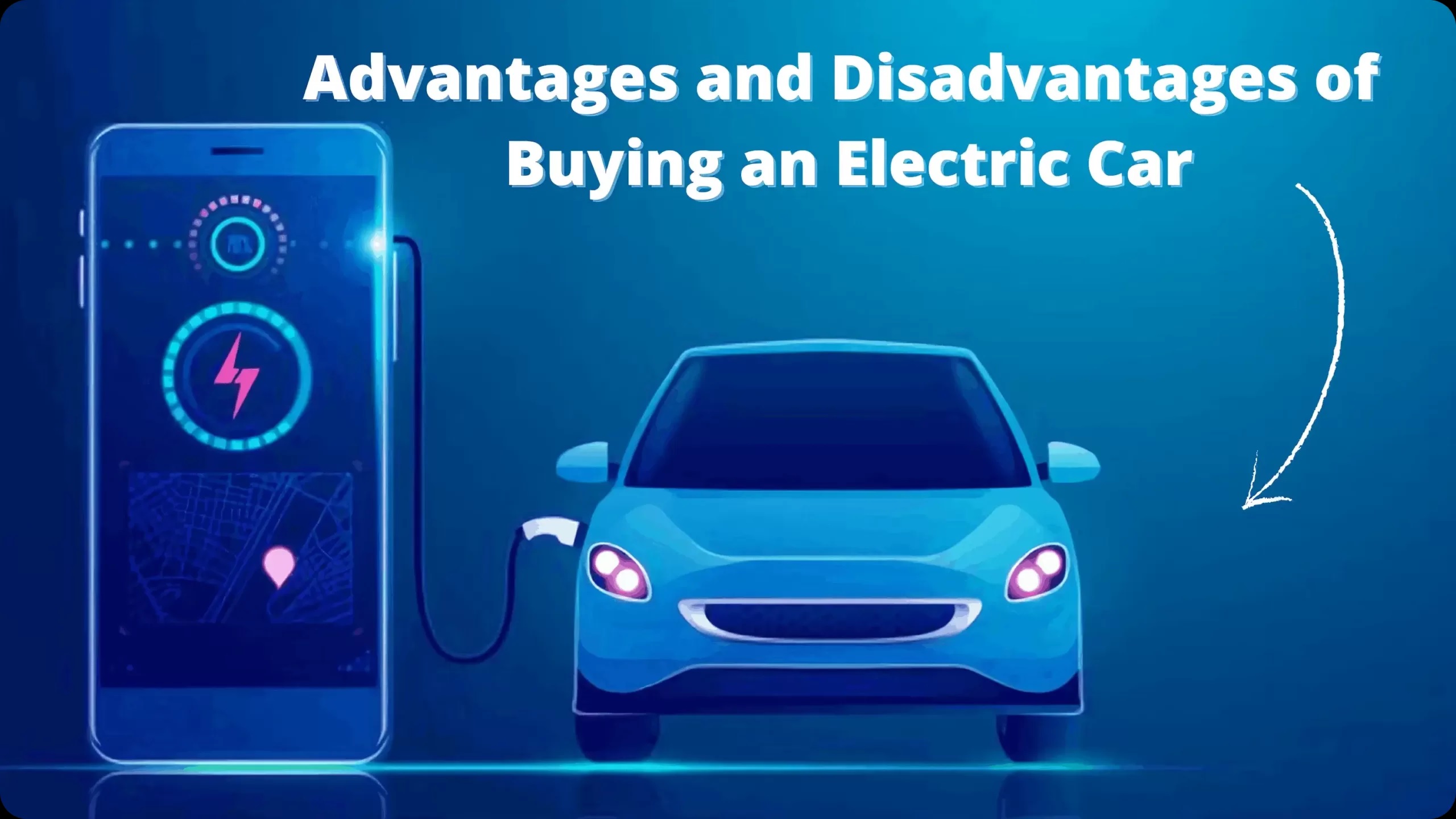Skip to content
- Limited Driving Range: One of the primary disadvantages of electric cars is their limited driving range. Most electric cars can only travel between 100 and 300 miles on a single charge, depending on the model and driving conditions. This can be a significant limitation for those who need to travel longer distances or who don’t have access to frequent charging stations.
- Longer Recharge Times: Electric cars can take longer to recharge than filling up a gas tank. While rapid chargers can recharge some electric cars to 80% capacity in around 30 minutes, the average charging time for a full charge can take anywhere from 4-8 hours or longer depending on the charging station and the car’s battery capacity.
- Higher Initial Cost: Electric cars are generally more expensive to purchase than their gas-powered counterparts, mainly due to the cost of the batteries that power them. While the long-term savings in fuel costs can help offset the initial cost, the higher upfront price may still be a barrier for many people looking to switch to electric cars. Additionally, electric cars may require specialized maintenance and repairs, which can also be more costly than traditional gasoline-powered cars.

